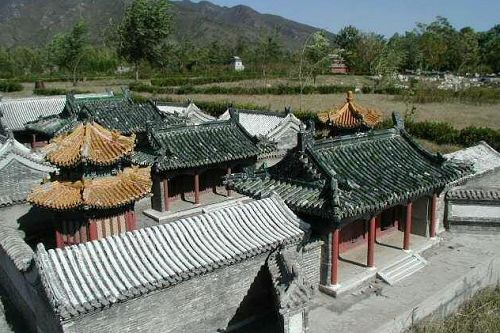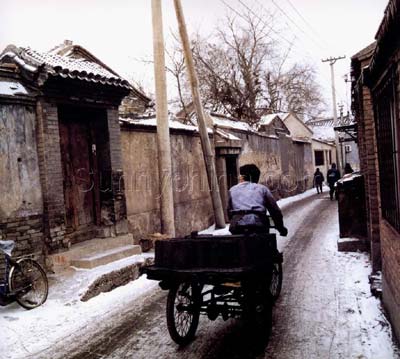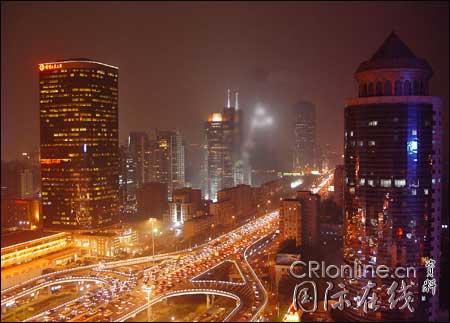| |
Peking is the name of the city according to Chinese Postal Map Romanization, and the traditional customary name for Beijing in English. The term Peking originated with French missionaries four hundred years ago and corresponds to an older pronunciation predating a subsequent sound change in Mandarin from [k?] to [t?]([t?] is represented in pinyin as j, as in Beijing). It is still used in many languages.
Beijing is China's second largest city after Shanghai, with more than 17 million people in Beijing's area of jurisdiction. The city is divided into 16 urban and suburban districts and two rural counties;the city's urban area has about 13 million residents.[9] Beijing is a major transportation hub, with dozens of railways, roads and motorways passing through the city. It is also the destination of many international flights arriving in China. Beijing is recognized as the political, educational, and cultural center of the People's Republic of China,[8] while Shanghai and Hong Kong predominate in economic fields.The city hosted the 2008 Olympic Games.
Few cities in the world besides Beijing have served as the political and cultural centre of an area as immense as China for so long.[13] The Encyclop?dia Britannica describes it as "one of the world's great cities,"[14] and declares that the city has been an integral part of China¡¯s history for centuries; there is scarcely a major building of any age in Beijing that doesn't have at least some national historical significance.[13] Beijing is renowned for its opulent palaces, temples, and huge stone walls and gates.[15] Its art treasures and universities have long made the city a centre of culture and art in China.
The city of Beijing has a long and rich history that dates back over 3,000 years.[1] Prior to the unification of China by the First Emperor in 221 B.C., Beijing was for centuries the capital of the ancient state of Yan. During the first millennia of imperial rule, Beijing was but a provincial city in northern China. Its stature grew in the 10th to the 13th centuries when the nomadic Khitan and Jurchen peoples from the steppes expanded into northern China, and made the city a capital of their dynasties, the Liao and Jin. When Kublai Khan made Dadu the capital of the Yuan Dynasty (1279-1368), all of China was ruled from Beijing for the first time. From this time onward, with the exception of two interludes from 1368 to 1421 and 1928 to 1949, Beijng would remain as China's capital, serving as the seat of power for the Ming (1421-1644) and Qing (1644-1912) dynasties, the early Republic of China (1912-1928) and now the People's Republic of China (1949 - present).
|






